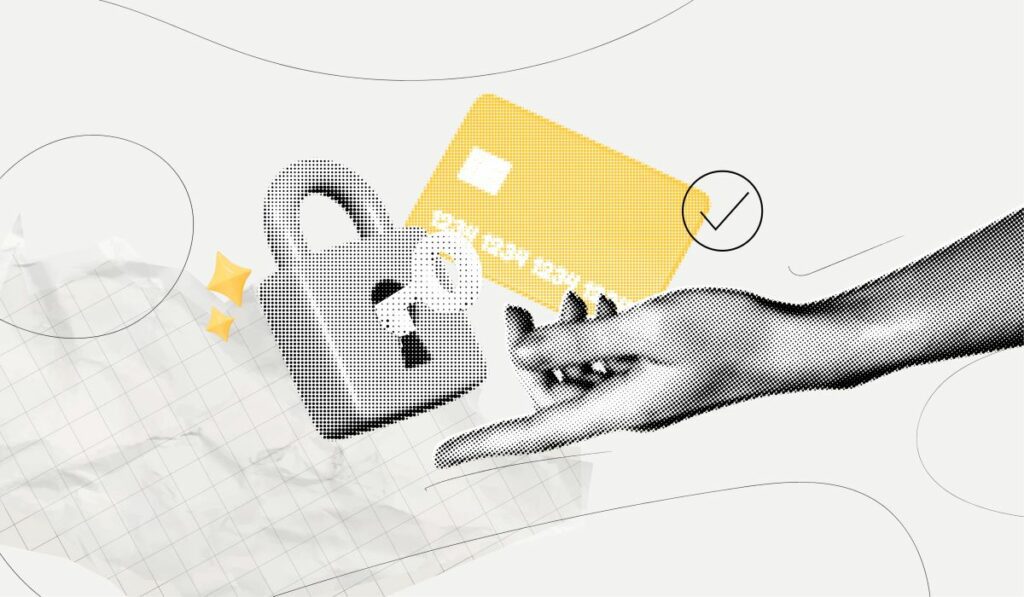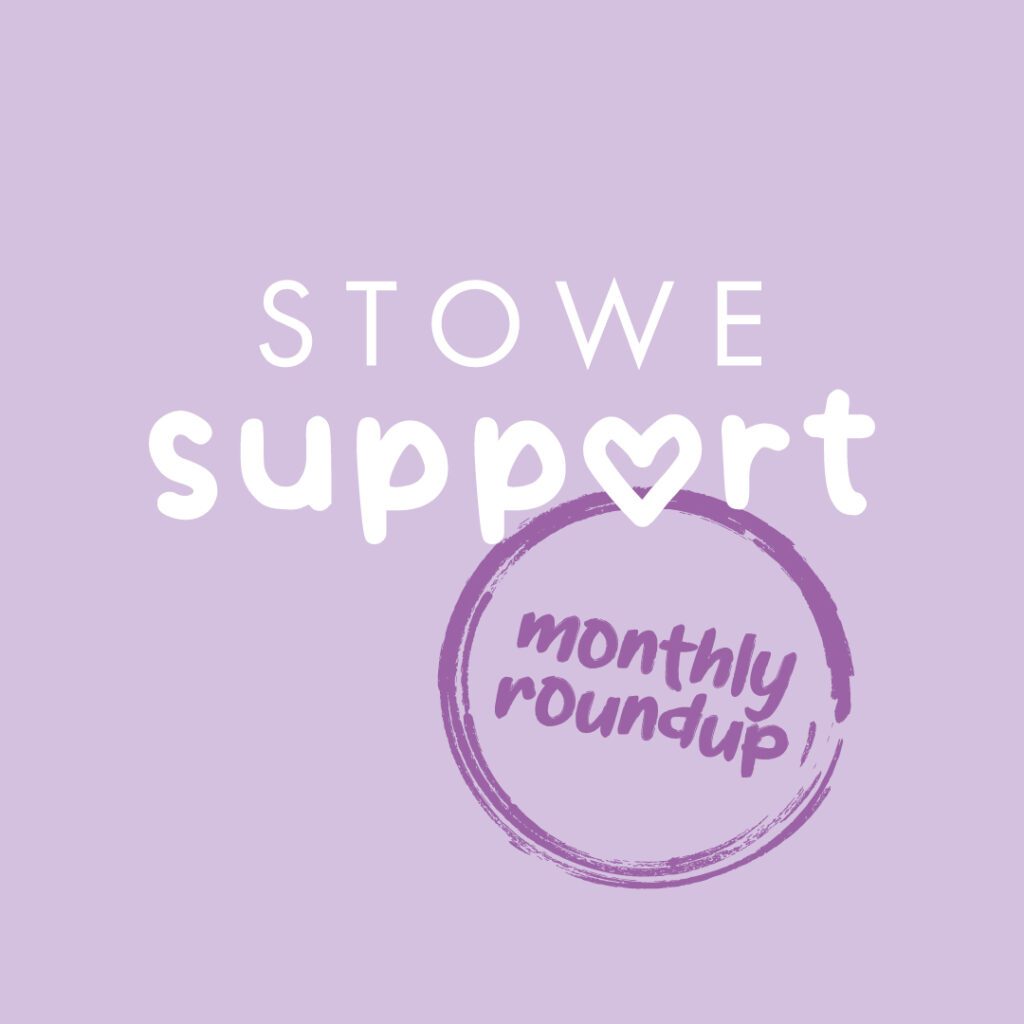Your local domestic abuse and violence solicitors
What is domestic abuse?
Abuse takes many forms: physical, emotional, financial, sexual and mental. But one thing remains the same; it is never the survivor’s fault.
We believe that all survivors of domestic abuse should get the support they need to feel safe and move on from its impact.
Domestic abuse is a crime and isn’t restricted to physical violence. Coercive and controlling behaviour was criminalised in December 2015, which means the police can take protective action and prosecute abusers. Remember, you can also seek legal advice from solicitors for domestic abuse to help build your case.
If you are in immediate danger, please call 999 and ask for the police. You can call the National Domestic Violence Helpline on 0808 2000 247 or visit: www.nationaldahelpline.org.uk
Why get help from domestic abuse and violence solicitors?
Our specialist domestic violence and abuse solicitors can help victims in many ways. They can advise you of your legal options with a caring and professional approach, offering a listening ear so that you feel heard. You can also be connected with more specialist support networks, depending on your case.
Family lawyers can help by applying to the family courts for key injunction orders, including non-molestation orders and occupation orders. Injunction proceedings can be issued swiftly, depending on the circumstances of your case. This will provide you with the protection of the court.
Some survivors may qualify for legal aid for domestic violence cases. We do not offer legal aid, but please see our page for advice on how to access financial support.
Family law services

How can a domestic abuse and violence lawyer help with injunctions?
Working alongside your domestic abuse solicitor, you can take legal steps to keep your abusive partner away from you in family court. For this, there are two types of injunctions:
read more- Non-molestation order: This prohibits someone from using violence against the other person. This includes threatening, pestering, or molesting them, as well as coming within a specified radius of their home or other specified premises or encouraging another person to do so.
- Occupation order: This excludes one party from occupying a home or from coming within a stated radius of it.
Domestic abuse lawyers will prepare the application forms and support you through the legal process, including court hearings. Once in place, the duration of the orders varies, but they’re typically for six or twelve months. This can be extended if the other party continues to cause problems.
It is very important that you work with a family lawyer who has experience in domestic abuse cases, as they will have the skills and knowledge to help you.
Domestic abuse isn’t just physical abuse, coercive and controlling behaviour is now defined in law and if you are worried about this then you should speak with a solicitor to understand the protections available to you.
Your local domestic abuse and violence solicitors
At Stowe Family Law, we know that you need tailored support for your unique case. We guide domestic abuse clients through their legal journey with expertise and compassion. Our family lawyers are specialists in domestic abuse law, so you can be assured you have the right professionals on your side.
Organisations for support and advice on domestic abuse
Before consulting a domestic violence or abuse solicitor, you may need more urgent support. If you are in immediate danger, please call 999 and ask for the police.
Otherwise, you can seek support by doing the following:
- Calling the National Domestic Violence Helplineon 0808 2000 247.
- Browsing available support for domestic abuse on our Divorce Directory or the contacts below.
Organisations for support and advice on domestic abuse
Before consulting a domestic violence or abuse solicitor, you may need more urgent support. If you are in immediate danger, please call 999 and ask for the police.
Otherwise, you can seek support by doing the following:
- Calling the National Domestic Violence Helplineon 0808 2000 247.
- Browsing available support for domestic abuse on our Divorce Directory or the contacts below.
-
Other organisations that support domestic abuse victims
Women’s Aid directory of local support:Up-to-date information about domestic abuse support services across the UK.
Forced Marriage Unit:National advice and support for victims and potential victims of forced marriage, and professionals dealing with cases.
Helpline: 020 7008 0151
Karma Nirvana:Specifically for victims of Forced Marriage/Honour Based Abuse, especially victims whose first language is not English.
Helpline: 0800 5999 247
Galop:LGBT+ support.
Helpline: 0800 999 5428
Mankind Initiative:Support for male victims.
Helpline: 01823 334244
Respect:Information for people worried their own behaviour is abusive.
Helpline: 0808 8024040
NSPCC:Confidential advice if you are worried about a child.
Helpline: 0808 800 5000
Refuge National Domestic Abuse:Helping women escape situations involving domestic abuse.
Helpline: 0808 2000 247
Samaritans:A helpline for those suffering from isolation and even suicide.
Helpline: 116 123
What our clients say
We offer an award-winning service
Domestic violence and abuse solicitors FAQs
Domestic violence and abuse solicitors FAQs
-
What are some examples of non-physical domestic abuse?
While many people might associate domestic abuse with physical violence, it can take shape in many ways. These acts can often be subtle, allowing them to slip under the radar, however the mental effects experienced by the victim can be significant.
Examples of non-physical domestic abuse, including types of emotional and psychological abuse include:
- Coercive control
- Economic abuse
- Gaslighting
- Stonewalling
- Narcissism
- Tech abuse
- Stalking
- Humiliation
- Isolation
These incidences can be harder to spot in comparison to visible injuries from physical violence, so it’s important to be attentive. Abuse can also take place once the relationship is over. This is called post-separation abuse. This is included under the Serious Crimes Act (2015).
Regardless of the type of abuse you have experienced, it’s always worth seeking legal advice from domestic or emotional abuse solicitors to ensure that you’re sufficiently protected and have a better chance of moving forward with your life.
-
What are some examples of physical or sexual domestic abuse?
The United Nations highlights some examples of physical abuse:
- Damaging property when angry
- Pushing, slapping, biting, kicking or choking someone
- Using a weapon to threaten or hurt someone
- Abandoning someone in a dangerous or unfamiliar place
- Preventing you from leaving your home
- Using physical force in sexual situations
Sexual abuse can range from falsely accusing you of cheating to forcing you to perform sexual acts.
If you or someone you know has experienced physical or sexual abuse, seek emergency support from the organisations listed on this page. A domestic violence solicitor can also help you form a case so that your partner is rightly prosecuted.
-
How common is domestic abuse in the UK?
The National Centre for Domestic Violence reports that one in five adults experience domestic abuse during their lifetime. In 2022 alone, 2.4 million adults were victims of domestic abuse.
Refuge highlights the gender disparities in cases of domestic abuse. According to the latest data, 93% of defendants in domestic abuse cases are male and 84% of victims are female. They also report that 20% of children in the UK have lived with an adult perpetrating domestic abuse.
You can find out more information and updates about domestic abuse on our blog.
-
Can I get legal aid for domestic abuse?
Legal aid is a UK government-funded program designed to help people from disadvantaged backgrounds access legal representation.
Stowe Family Law is unable to offer legal aid, as we do not have a contract with the Legal Aid Agency. A cut in legal aid funding in 2013 means that most people have to fund their cases privately.
Despite this, you may be able to access legal aid for domestic abuse in some circumstances. This would mean you could get legal advice, family mediation and representation in court.
To establish whether you are eligible for legal aid, you’ll be assessed in three different ways:
- Scope: This assesses whether your case qualifies for legal aid – domestic abuse or violence are examples of this
- Means test: This refers to your financial resources and whether they are within the limits set by the Legal Aid Agency
- Merit test: This looks at the strengths and weaknesses of your case
Meet our domestic abuse and violence solicitors
Latest advice
New report calls for fairer outcomes for victims of domestic abuse in financial remedy proceedings
Newsletter Sign Up
Sign up for advice on divorce and relationships from our lawyers, divorce coaches and relationship experts.
Privacy Policy























